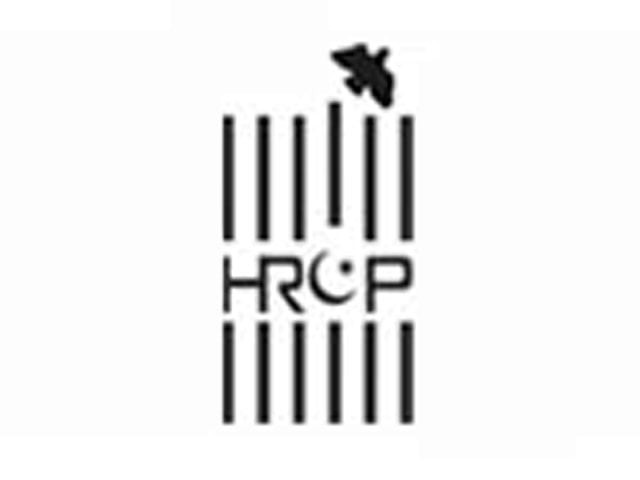HRCP concerned over continued detention of PTI women
Also expresses concerns Imran was being detained in conditions that allegedly violated Pakistan Prison Rules 1978

The Human Rights Commission of Pakistan (HRCP) expressed on Tuesday its deep concerns over the lack of transparency surrounding the detention of women associated with the Pakistan Tehreek-e-Insaf (PTI) since May 9, riots.
In a press release, the HRC said that more than three months had passed since the PTI supporters were arrested but it was still not clear how many women were currently in jail.
It added that it was also unclear what the charges against them were, or where they had been detained, which courts they were to be presented in and whether challans had been issued for their remand.
“This situation is unacceptable. The HRCP also reminds the state that, under Section 167 of the Criminal Procedure Code, women cannot be remanded into state custody except in cases of serious crimes,” it said.
Read also: PTI slams ‘stringent isolation measures’ imposed on Imran
“The state is duty-bound to ensure that the detention of any citizen follows not only legal procedure, but that details of their detention are publicly available so that their right to due process can be protected,” the statement added.
“The HRCP observes with alarm that such treatment has, historically, been meted out to political workers of parties that fell out of favour with state institutions. This cycle must end now.”
The HRCP is also expressed concerns that former prime minister Imran Khan was being detained in Attock Jail in conditions that allegedly violated the Pakistan Prison Rules 1978.
“The Punjab Prisons Department must investigate these allegations and ensure that Khan receives the facilities to which he is entitled to according to his prison class,” it said.


















COMMENTS
Comments are moderated and generally will be posted if they are on-topic and not abusive.
For more information, please see our Comments FAQ